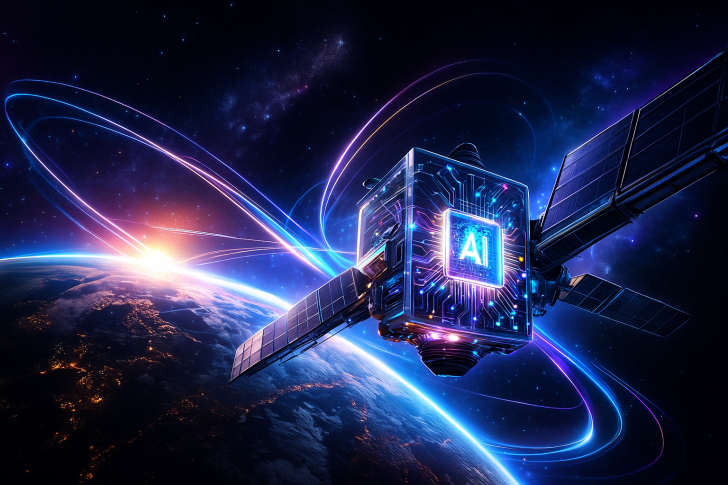⬤ Elon Musk has laid out a bold vision for AI's future, claiming the next wave of massive compute power won't stay on Earth. He believes planetary limits on energy and cooling will force civilization-scale AI systems into orbit, where continuous solar power and better thermal management make more sense for future workloads.
⬤ Musk pointed to constraints defined by the Kardashev scale, which measures how much energy a civilization uses. Earth hits a hard ceiling once AI systems need Kardashev II-level energy. The planet only receives one two-billionth of the sun's total output, severely limiting AI expansion if everything stays ground-based. He also noted that 97.5 percent of modern GPU rack mass goes toward cooling, showing just how much thermal limitations hurt terrestrial data centers. For context, 300 gigawatts represents roughly two-thirds of annual U.S. electricity consumption.
⬤ Musk says reaching one terawatt of AI compute on Earth is basically impossible due to physical and energy barriers. As AI models and training cycles keep scaling up, he thinks compute economics will shift fast. Within five years, he predicts solar-powered satellites will become the cheapest way to run large-scale AI. His line "It's always sunny in space" captures why off-Earth energy collection and cooling could beat ground-based systems.
⬤ These comments add a new angle to debates over long-term AI infrastructure, suggesting orbital platforms might become central to the next phase of compute expansion. If space-based setups prove more cost-effective, the shift could reshape the global data center industry, energy strategy and competitive landscape for companies chasing advanced AI capabilities. As demand keeps rising, space-based compute feasibility may influence how the sector prepares for next-generation high-intensity AI workloads.
 Peter Smith
Peter Smith

 Peter Smith
Peter Smith


